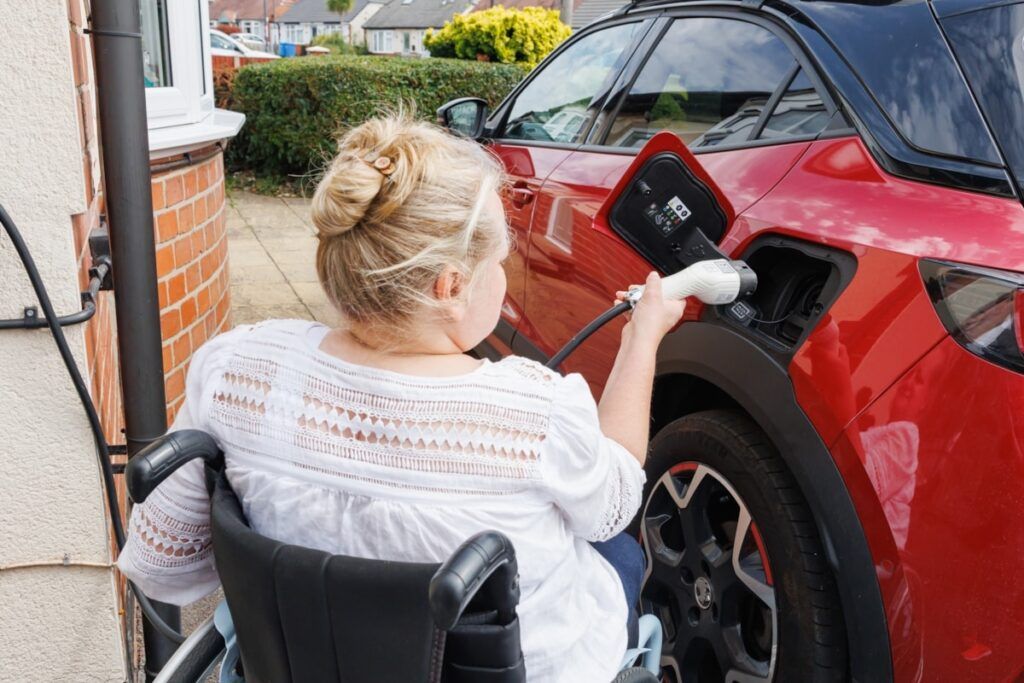The Faraday Institution has announced a £19 million investment in four key battery research projects aimed at delivering beneficial impact for the UK.
The projects cover three research areas: next generation cathode materials, electrode manufacturing and sodium-ion batteries, and have been “reshaped” to focus on the areas with the greatest potential for success.
The majority of the funding, £17.1 million, was provided by the Faraday Battery Challenge, which is delivered by Innovate UK for UK Research and Innovation. The Department of Science, Innovation and Technology is providing £1.1 million of support for collaboration between US and UK researchers in next generation cathode materials over the period 1 October 2023 – 31 March 2025.
Projects include CATMAT, which seeks to understand the critical properties and limitations of lithium-rich oxygen-redox cathodes and novel anion-chemistry cathodes, thereby developing solutions to the scientific roadblocks that are hindering their use in EV batteries. In doing so it aims to design and demonstrate high rate, increased reversible capacity and high voltage cathodes.
The sodium-ion battery research project, NEXGENNA, is also receiving £0.8 million over the same time period via UK aid from the UK government via Transforming Energy Access (TEA).
Speaking about the news, Minister for Industry and Economic Security Nusrat Ghani said: “The UK automotive sector is at the cutting edge of exploiting innovative technologies. These have the potential to create jobs, grow the economy and accelerate how we reach net-zero.
“This package of funding will help industry and government work together and take decisive action in targeting areas where the UK is leading the way. This government has shown time and time again that we are committed to creating the right conditions to make the UK the best location in the world to manufacture.”
Professor Pam Thomas, CEO, Faraday Institution, commented: “The Faraday Institution remains steadfast in its commitment to identify and invest in battery research initiatives that hold the greatest potential for making significant societal, environmental, and commercial contributions. This announcement signals the completion of our latest round of project refocusing, enabling us to allocate even more effort towards those areas of research that offer maximum potential in delivering transformative impact.”
James Gaade, Research Programme Director commented: “We are pleased that the reshaping process has bolstered the capabilities and expertise of researchers on the four projects. The realignment includes a focus around research into sustainable manufacturing methods and materials, and the need to further develop and scale up manufacture of promising materials discovered in the first three years of the projects.”
Image courtesy of Shutterstock












